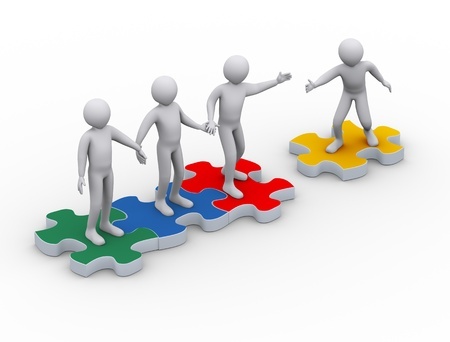As a young child, you probably saw or experienced bullying on the playground, riding the bus to school, or in your school hallways.
Now that there is social media, bullying occurs in a whole other fashion that hurts just as much or more.
And, after becoming an adult, bullying doesn't stop.
Adult bullying is becoming an epidemic.
Adult children are bullying their parents... can you believe it?
 According to Psychology Today, there are three types of Parents who get bullied by their own children:
According to Psychology Today, there are three types of Parents who get bullied by their own children:Three parenting styles are most likely to trigger bullying in children.
- The guilty parent. Something has gone wrong—a divorce, an illness, a financial hardship—and now the parent feels guilty. To ease their guilt they give their kids too much freedom and not enough limits. This always backfires.
- The anxious parent. This is a parent who is always worrying and expressing anxiety. Children experience a parent’s anxiety as, "I don't believe in you," “I don't trust you," or "you're not a capable person," and this triggers a lot of anger and resentment toward the parent.
- The fix-everything parent. These parents can't stand to see their children frustrated and constantly step in and solve problems for them. Such parents have good intentions and are often heroic, but the outcome is horrendous. The child remains dependent on the parents and unconsciously resents them for it. They are never satisfied. In fact, the more you give them, the less they appreciate you. Children have a natural drive for independence that needs to be encouraged. The fix-everything parent discourages it and therefore dwarfs the emotional development of their own child. Children of fix-everything parents have a tendency to age but not mature.
Do you fall into one of these categories?
According to the blog "Adult Children Bullying Parents", a bully is an unhappy person looking for a victim to punish.
So, what can you do if your adult child is bullying you?
 Here are some suggestions from "The Abusive Adult Child" hubpage:
Here are some suggestions from "The Abusive Adult Child" hubpage:If you are being abused by your child here are some things you need to do.
1. Make contact with as many people as you can .
2. Tell your Dr what is going on. If the abuser goes to the Dr's office with you, make an appointment for a private problem that requires a physical like a prostate exam or a personal ladies physical such as a pap smear . That way the abuser will not be in the room at that time and then tell the Dr what is going on.
3. Tell family members, relatives, and friends, any community support worker you are involved with , and ask for their help.
4. Call the crisis line in your area, crisis lines are usually manned 24 hrs a day . You can call then just to talk if you need some one to talk to. Make an appointment with an abuse counselor .
5. If you are ready to end the abuse and the abuser lives with you and they do not pay rent, contact the police and have them removed from your house ., Ask for a restraining order or NO CONTACT order .
Make plans to not be alone , Here are some suggestions
1, Find a friend or relative you can stay with until everything is safe .
2. You could also try and get some one to stay with you.
3. Hire some one to stay with you for a few months
4. consider moving to a seniors residence where you will be safe . or seniors only housing complex/ apartment
You may still love your abusive child and you may feel you are being cruel buy putting a restraining or on them or kicking them out, but things will not get better until you do If your adult child is abusing you or taking advantage of you they are the ones doing wrong , not you .
 Parents, please, stop being afraid of your adult children. The HuffPost agrees!
Parents, please, stop being afraid of your adult children. The HuffPost agrees!Parents, please read The Bill of Rights for Parents of Adult Children. You do not have to be disrespected by your own child.



